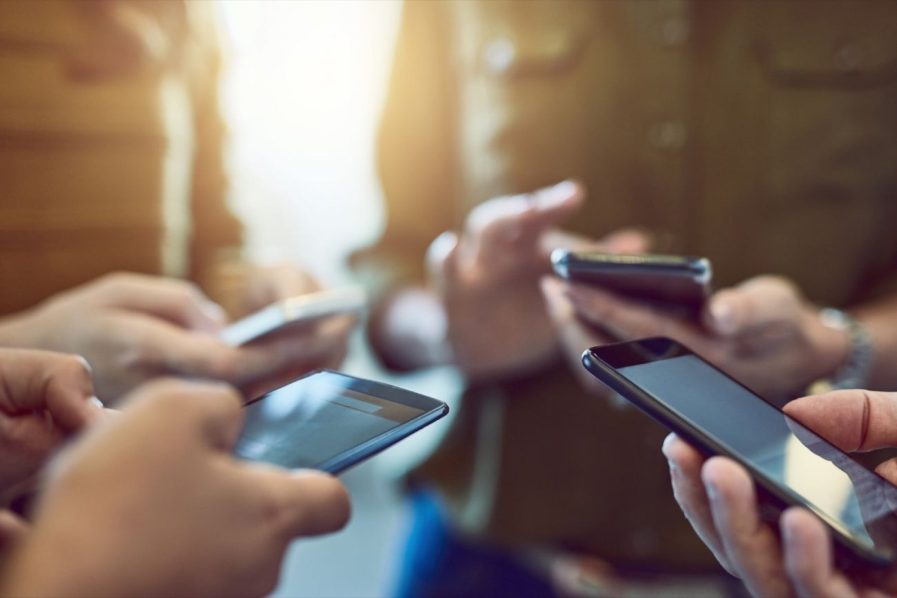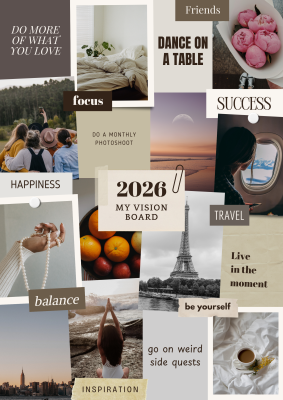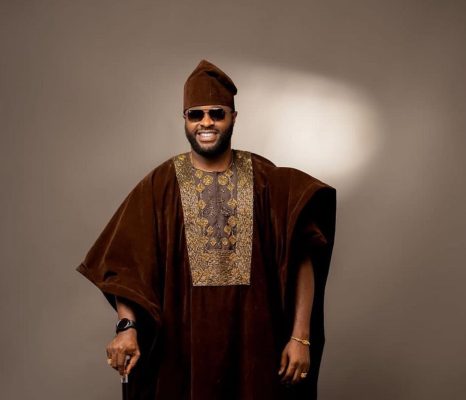
It is no news that social media directly affects our state of mind. Vinton Cerf and Robert Khan who are credited with inventing the Internet probably never considered the psychological impact of their invention.
[ad]
Martin Cooper, who developed the first hand-held phone, also played a part in this by making phones portable, so that we don’t catch a break from it. Now, even the most forgetful people rarely forget their phones. It has become an organ outside of our bodies.
At the moment, the Nigerian social media community is going through a devastating period, the demise of a young Nigerian artist who called himself Light.
Apparently, his absence has left us in darkness, in sadness. This has taken a toll on all social media users, whether they knew him while he was still alive or not.
It is almost impossible to not feel negative emotions after watching videos of him and reading positive testimonies about his personality and how he was bullied and threatened till the very end of his life.
Using this as a case study, anyone who still believes that social media is not real life is living in denial. If something has the capacity to make you happy or sad, it is real because the brain is the only processor of every information we consume, be it from social media or real life.
Now, you would agree that we do not have virtual and real brains. Everything we consume can impact us in real time. This explains why people are influenced to apply social media trends to their real lifestyles.
To make life-changing decisions from what they see online, be it positive or negative.
In the social media world, there are varieties to choose from. These platforms were created to meet similar needs but somehow, they manage to achieve this by offering a distinct user experience.
A similar need being met is a virtual human connection while the user experience is arguably determined by the purpose of the platform, or it features. Let us take a dive into the popular social media platforms and their possible impact on users based on their experience.
With this knowledge, we hope to navigate this social media ocean better without drowning.
WhatsApp
This platform is basic. Its simplicity is its biggest strength. WhatsApp is a must-have, at least in this part of the world. The aim of WhatsApp was simply for messaging, between individuals, as a group or as a community.
Status is an interesting feature that was added much later, this allows users to share pictures or posts with their contacts.
Now, let us get to not so good side of WhatsApp: Some people tend to feel neglected or disrespected when a recipient of their message does not reply especially when a blue tick confirms that the message has been read.
While this might be true, it could also be that the recipient genuinely forgot to reply. This feeling sometimes grows into resentment which can cause a strain on relationships.
The way around this for some users is to turn off their read receipts and it goes both ways. The point of this is not always arrogance.
For many, it is to eliminate unnecessary negative thoughts and misunderstandings. Sending a message and not having to think about why the recipient has read and not replied is bliss.
Whenever they reply, the conversation can continue. Furthermore, validation has become a currency on social media, and WhatsApp is not left out.
Users who seek some sort of validation are drawn to check the viewers of their status and can feel unvalidated when a friend or acquaintance views their status but does not leave a comment.
You might think this is too little to become an issue, but it is for some people. This is the reason why some users turn off their status views, so they can protect their mental health from thinking about why people have not reacted to their status.
Even though there is a notion that people who turn off their views are doing it to spy on other people. Two truths can exist.
Facebook
Facebook is arguably the ancestor of all social media platforms. It may seem that the platform is now outdated, but this cannot be further from the truth; Facebook is still thriving. My favourite thing about Facebook is how it manages to be the only platform that allows you to connect to people you know but are not so close to, for example, classmates and colleagues.
Another plus is that users are encouraged to use their legal names which makes it easy to be found by long-time acquaintances.
Facebook came before the followership syndrome, at a time when people needed to consent to new connections unlike now where users would rather be followed by a foe just for counts.
The downside of Facebook would easily be the social pressure that can stem from seeing the posts of peers and childhood friends.
You might argue that social pressure is on other platforms too, but Facebook is on another level. Imagine opening your Facebook app and seeing all your secondary classmates posting their achievements and soft lives.
These are not random people; they are people you practically started from scratch with. There is no way around this, except if one decides to delete the app. Otherwise, we just need to learn to love ourselves enough so that we can be happy for other people.
Twitter
This is the ghetto of all platforms. As users log in on Twitter, they log out of joy (this is on a lighter note). The happiest of news is bound to face criticism on Twitter. Every piece of information is ten times darker here than it is anywhere else.
Not sure if this is part of the terms and conditions but users somehow get the memo not to be nice on this platform. Aside from the uptight vibe on Twitter, humour resides there too.
As for the downside of Twitter: On other platforms, we see content creators who are applauded for effort even when the content is not so entertaining, but on Twitter, content creators are criticised just for fun, thereby making it difficult to decipher valid points for improvement.
Twitter can be intimidating for new users and can somewhat mess with your self-esteem, especially when you have been trolled before for being brave.
The way around this is to take what you consume on the platform with a pinch of salt. Most bullies on Twitter are just projecting their insecurities. That they influence the platform does not make them intelligent.
Instagram
Instagram is the Lala land of social media. It is the exact opposite of Twitter; everybody is happy here, so if you want to be in a good mood, you should spend more time on Instagram.
That being said, Instagram has its flaws too. In my opinion, the reason people think social media is not real life is because of how vain things look on Instagram.
Content creators have a strong urge to promote aesthetics over anything else. This can be misleading for gullible users. It is important to see through the façade on Instagram and avoid being deceived into making decisions inspired by misleading posts made with the sole intent of engagement.
Make it a duty to follow people who share honest content.
LinkedIn
This is a platform for corporate workers. LinkedIn is aimed at helping corporate talents connect with other workers and find better job opportunities.
The tone on LinkedIn screams professional, users have to post and interact like they are dining with the English Royals.
LinkedIn is also a walkway for talents, as models show off their outfits, users show off their professional skills. Simple sentences are written to appear complex to create a perception that the user is a hotshot in the career world.
It is very easy for up-and-coming professionals to feel inferior on LinkedIn because they lack the razz mataz of other influential users. Do not be deceived, sometimes it’s all noise.
Social media platforms are continuously increasing, we have Snapchat, Telegram, TikTok and so.
They all have their perks and flaws, none of which prioritise your mental health. It is your duty to guard your mind from contents that are detrimental to your health and take breaks when possible, to connect with yourself.
[ad unit=2]








